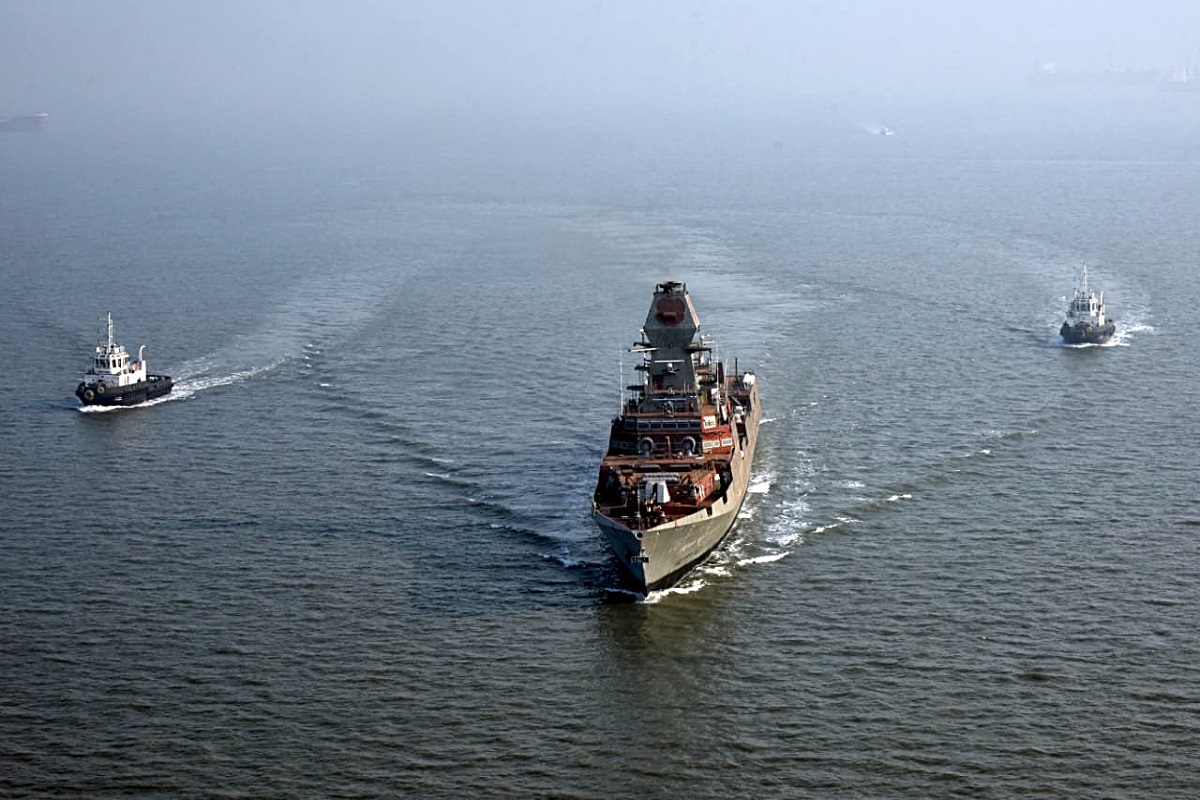In the intricate tapestry of international relations, threads of tension often weave a story of uncertainty. The recent release of eight former Indian Navy officers by Qatar, after dropping their death sentences, illuminates the power of diplomacy, the resilience of bilateral ties, and the role of leaders in shaping global narratives. More than 18 months ago, the arrest of these officers strained diplomatic relations between India and Qatar.
Accused as they were of spying for Israel, the severity of the charges placed an ominous cloud over their fate. However, the recent decision to first drop their death sentences and later release them, is a testament to the diplomatic finesse that unfolded behind closed doors. At the heart of this diplomatic resolution stands Prime Minister Narendra Modi. His proactive involvement and personal supervision of the case exemplify the leadership required in navigating delicate international matters.
Advertisement
The visit to Doha on February 14, where he engaged in talks with the Emir of Qatar, Sheikh Tamim Bin Hamad Al Thani, underscores the significance of dialogue in preserving diplomatic ties. The released officers, who have returned to India, attributed their freedom to Mr Modi’s intervention. While their names remain undisclosed, their voices echo the sentiment that it “wouldn’t have been possible without his personal intervention and his equation with Qatar.” This underscores the importance of leaders forging personal connections to address issues that transcend borders.
The accused officers, formerly employed by a private company, were supporting various programmes for the Qatari Navy. The complexity of their roles adds layers to the narrative, highlighting the intricate balance between national interests, security concerns, and international collaborations. It was not merely a case of individuals. It was a challenge that resonated in the corridors of power in both New Delhi and Doha. This diplomatic triumph also sheds light on the broader context of India’s energy needs. Qatar, a crucial natural gas supplier to India, became entangled in a web of discussions as the case strained ties. The recent signing of a significant deal for liquefied natural gas between Qatari and Indian firms exemplifies how diplomatic resolutions can pave the way for economic collaboration.
The release comes in the aftermath of Mr Modi’s meeting with Sheikh Tamim during the COP-28 climate summit in Dubai. Discussions on the well-being of the Indian community in Qatar and the subsequent release of the officers underscore the multifaceted nature of diplomatic engagements. Leaders, beyond addressing immediate concerns, also lay the groundwork for stronger ties in various sectors. Mr Modi’s leadership, characterised by personal intervention and adept diplomacy, has not only secured the freedom of these individuals but has also reaffirmed the resilience of the bond between India and Qatar. As we witness the ripples of this diplomatic triumph, it serves as a reminder that in the world of geopolitics, dialogue and understanding can overcome even the most challenging obstacles.
